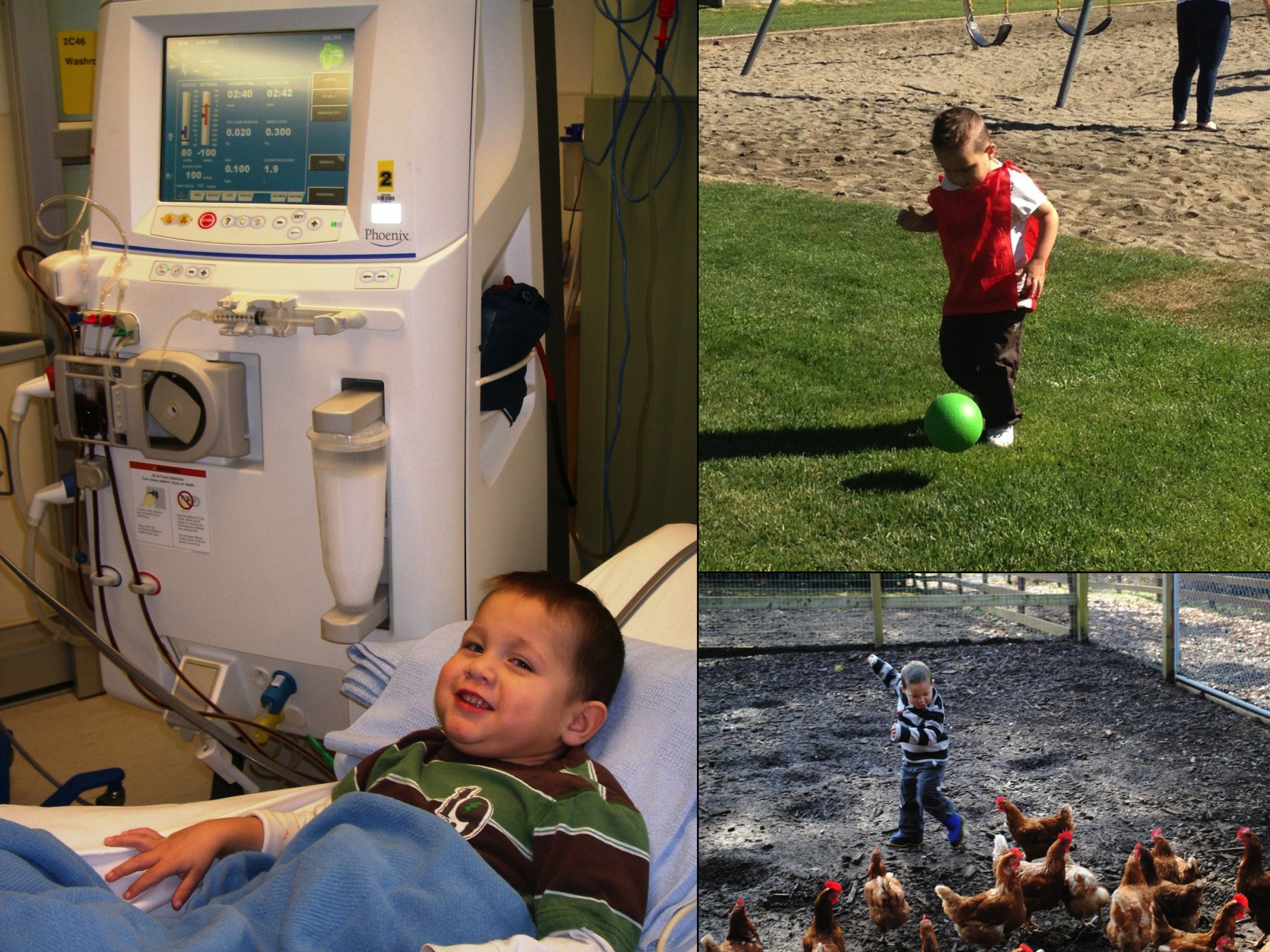
When a person’s kidney disease advances beyond a certain point, kidney replacement therapy (KRT) is a critical, life-prolonging option. However, regardless of what kind of KRT is chosen, some risks are involved. Therefore, finding a balance of when to begin KRT – where the risks and benefits are carefully weighed – is important.
A study published in Pediatric Nephrology in January of last year reveals not only which medical parameters are beneficial for knowing when children may benefit most from KRT, but also factors related to well-being.
“The goal in timing KRT is to limit patient risk as much as possible,” notes Dr. Kristen Favel, pediatric nephrologist with BC Children's Hospital who co-led the study. “However, striking the balance in the process is a challenging task.” What’s more, most research exploring this balance has been conducted in adults, but not children.
In their study, Favel and her colleague Dr. Janis Dionne, pediatric nephrologist with BC Children’s Hospital, analyzed data over an 11-year period from 92 children with end-stage renal disease/kidney failure. They documented when the children were diagnosed with kidney disease and when KRT was initiated. In particular, the researchers looked at who elected to initiate KRT (“elective starts”), and who required immediate KRT (“urgent starts”).
As can be expected, and similar to what’s seen in adults, medical factors were found to be important for influencing when KRT was urgently started. This includes medical factors such as oligoanuria (reduced urine production) and metabolic disturbances.
While medical factors were similarly influential for the children and their families who elected to pursue KRT, quality of life factors were also very important. The data suggest that issues affecting concentration or school performance and growth and nutrition are particularly influential for children and their families during the decision-making process.
Another key finding is that the absolute amount of kidney function, measured by glomerular filtration rate, does not necessarily affect the timing of KRT in children. Rather, it was the rate of declining kidney function (amount of decline over time) that was influential.
“Our study highlights that the KRT decision-making process is complex, stretching far beyond the renal diagnosis or eGFR,” says Dionne.
Another interesting finding, Favel notes, is the variability in symptom presentation and burden in pediatric end-stage kidney disease/kidney failure. Fatigue, low appetite and school performance were more prominent issues among the participants in this study, whereas more traditional symptoms like pruritus and muscle cramping were infrequently noted.

